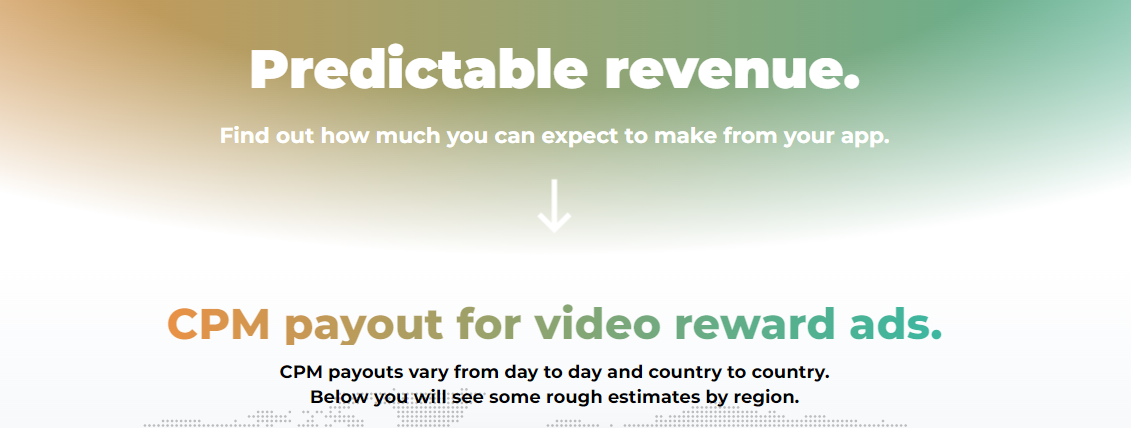Cookies, Consent & Chrome
Yes, Google is taking a significant step towards phasing out third-party cookies in Chrome with the release of its new “Tracking Protection” feature on January 4, 2024. Here are the key details:
[ez-toc]
Tracking Protection will limit cross-site tracking by restricting website access to third-party cookies by default. It will be rolled out initially to 1% of Chrome users globally, chosen at random. Selected users will be notified when they open Chrome on desktop or Android devices. With Tracking Protection enabled, third-party cookies will be restricted by default, limiting the ability to track users across different websites for purposes like targeted advertising.
If a website doesn’t function properly without third-party cookies, Chrome will prompt the user to temporarily re-enable them for that site. This allows Google to test the impact on website compatibility. This is a milestone in Google’s “Privacy Sandbox” initiative to phase out third-party cookies completely for all Chrome users in the second half of 2024, subject to addressing remaining competition concerns. The goal is to improve user privacy while still allowing websites to serve relevant content and ads.
Continuing on my “Cookies, Consent & Chrome” post, Google is taking a more gradual approach compared to other browsers like Safari and Firefox which have already placed stricter limits on third-party cookie tracking. This allows time for websites and advertisers to transition to new privacy-preserving technologies proposed under Privacy Sandbox.
So, Tracking Protection represents the first major public-facing step in Google’s multi-year plan to deprecate third-party cookie tracking in Chrome, aimed at enhancing user privacy online
Contents
How can Game Publishers optimize for better Monetization?
The rollout of Google’s Tracking Protection feature, which restricts third-party cookie tracking by default, will have a significant impact on game publishers and how they monetize their sites through advertising. Here are some key points:
Impact on Game Publishers
- Many game publishers rely heavily on third-party programmatic advertising and audience targeting for monetization. Restricting third-party cookies limits the ability to track users across sites for ad targeting.
- This could lead to reduced advertising revenue for game publishers. So you have to adapt their ad strategies and adopt new privacy-preserving technologies.
- Game sites that rely on third-party cookies for functionality like user logins or embedded content may experience compatibility issues initially.
Optimizing Site Monetization
Continuing on my “Cookies, Consent & Chrome” post, to optimize monetization strategies, game publishers should:
- Transition to First-Party Data Strategies: Focus on building direct relationships with users. Leverage first-party data for targeting and personalization within their own sites/apps.
- Adopt Privacy Sandbox APIs: Explore and implement Google’s proposed Privacy Sandbox APIs like Topics, FLEDGE, and Attribution Reporting. These aim to enable interest-based advertising and conversion measurement without cross-site tracking.
- Improve User Experience: Enhance the overall user experience on their sites to increase engagement and first-party data collection. This data can then be used for contextual advertising.
- Explore Alternate Revenue Streams: Diversify revenue sources beyond just advertising, such as subscriptions, microtransactions, or sponsorships.
- Monitor and Test: Closely monitor the impact of Tracking Protection on ad revenue and user experience. Test different strategies and Privacy Sandbox APIs as they become available.
While the transition may be challenging initially, game publishers who adapt to the new privacy-centric landscape can continue to effectively monetize their sites while respecting user privacy preferences.
How Can AppLixir Help in the transition?
Continuing on my “Cookies, Consent & Chrome” post, AppLixir helps publishers navigate the transition to a more privacy-centric web with the deprecation of third-party cookies and the rollout of features like Google’s Tracking Protection. Here are some key ways AppLixir can assist:
- Adopt Google’s Privacy Sandbox APIs: AppLixir has prioritized adopting and integrating Google’s proposed Privacy Sandbox APIs like Topics, FLEDGE, and Attribution Reporting into our platform. These APIs aim to enable interest-based advertising and conversion measurement without cross-site tracking.
- Leverage First-Party Data Strategies:- AppLixir helps publishers build strong first-party data strategies by providing tools and services to collect, manage, and activate their own first-party audience data.
- Contextual Advertising Solutions:- With reduced cross-site tracking capabilities, AppLixir offers contextual advertising solutions. It leverages on-page signals like content and user behavior to serve relevant ads, without relying on third-party cookies or user profiles.
- Privacy-Compliant Identity Solutions:- AppLixir has implemented privacy-compliant identity solutions like Unified ID 2.0. We also have tools to enable addressable advertising without relying on third-party cookies.
- Testing and Monitoring: We continuously test the impact of privacy changes like Tracking Protection on ad performance and user experience. This data can inform their product roadmap and strategy.
By proactively adapting to the new privacy landscape, AppLixir is positioned itself as a trusted partner for publishers! If you are seeking privacy-compliant ad targeting and measurement solutions in the post-third-party cookie era, email at info@blog.applixir.com.





